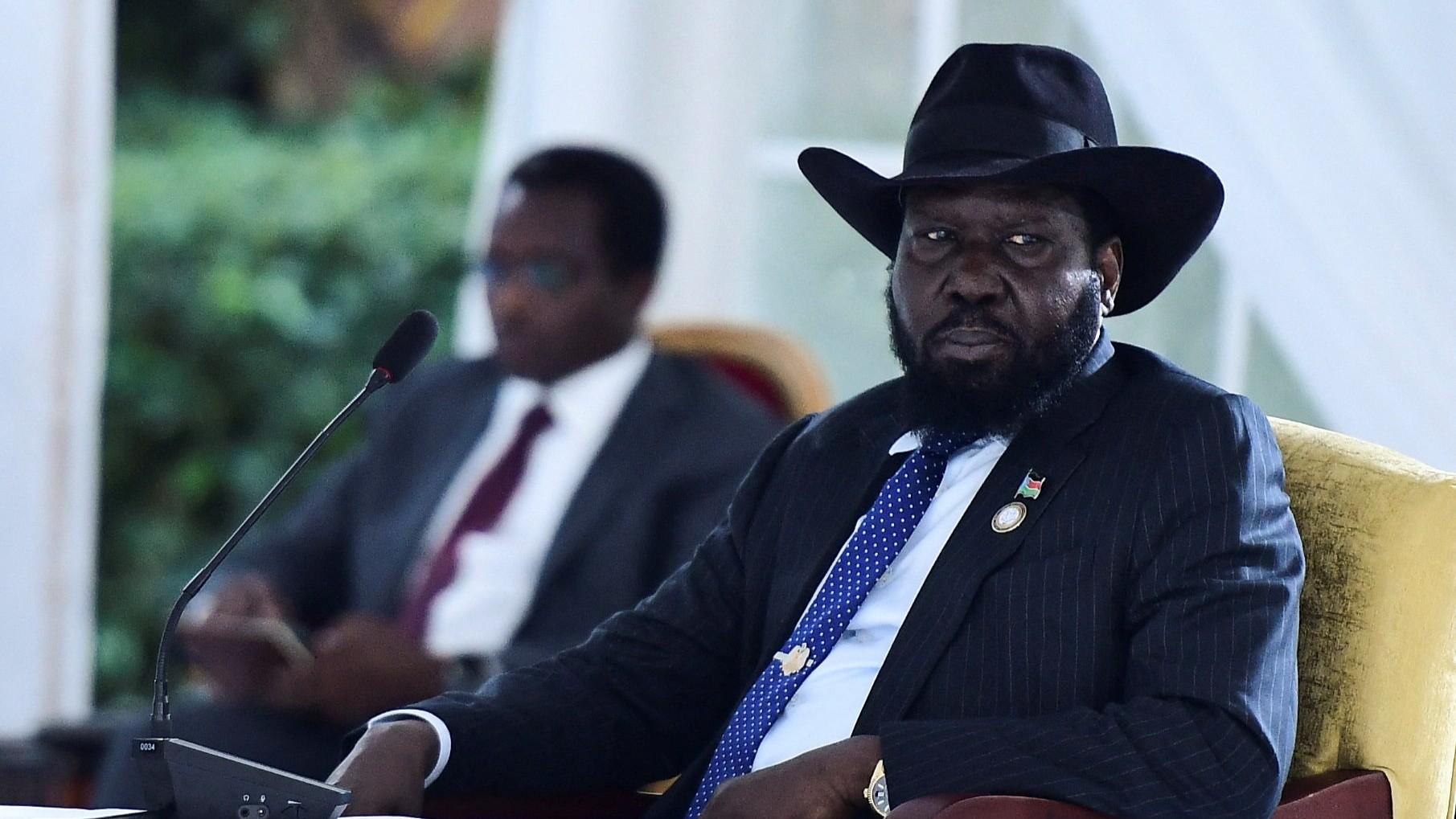Peace parties persistently ignored RJMEC oversight reports reveals CEPO


A desk review by CEPO released Friday reveals significant shortcomings in the peace process, highlighting a persistent lack of compliance with oversight reports critical to transitioning the country from violence to stability.
The review, conducted over January and February 2025, examined the adherence of political parties to the periodic reports from 2019 to 2024, which track the implementation of R-ARCSS. The findings paint a troubling picture of distrust, institutional neglect, and internal power struggles undermining the nation’s fragile peace efforts.
CEPO’s analysis found that the presidency, a central mechanism in the transitional government, has played a minimal role in adhering to RJMEC’s recommendations. Deep-seated distrust among its members has crippled its ability to act cohesively, stalling progress on critical peacebuilding tasks.
Similarly, the National Transitional Committee (NTC) has consistently downplayed RJMEC’s guidance over the past six years, failing to prioritise the actionable steps outlined in the reports. This disregard has hindered the implementation of key provisions in the R-ARCSS, leaving South Sudan’s peace process in a precarious state.
The report also pointed to the marginalisation of civil society efforts to hold political parties accountable. Advocacy and lobbying by civil society groups, aimed at ensuring compliance with RJMEC’s recommendations, have been largely ignored by the leadership of R-ARCSS signatory parties. This dismissal has silenced voices pushing for transparency and progress, further eroding public trust in the transitional process.
The organisation also noted that legislative oversight, another critical component of the peace agreement, has been notably absent, adding that the Reconstituted National Transitional Legislative Assembly has failed to effectively engage in its role of encouraging the executive branch to adhere to RJMEC’s findings.
This lack of accountability has allowed delays and inaction to persist unchecked. CEPO’s review also highlighted that several political parties lack structured mechanisms to reflect on RJMEC’s reports, limiting their ability to address shortcomings systematically.
Perhaps most concerning, the desk review reveals that political parties have been consumed by internal power struggles, diverting their focus from the urgent tasks required to advance the R-ARCSS.
The top leadership of these parties, the report says, has been preoccupied with issues of trust and confidence among themselves, overshadowing their commitment to the peace process.
Adding to the challenges, many influential party representatives remain poorly informed about RJMEC’s role, leading them to underestimate the importance of its periodic reports.
The organisation has called on the presidency, the NTC, and the leadership of R-ARCSS signatory parties to prioritise RJMEC’s recommendations to salvage the transitional process. Without serious engagement with these oversight reports, CEPO warns, the path to lasting peace in South Sudan remains at risk.
Since 2020, the Revitalised Transitional Government of National Unity has achieved several milestones. However, critical components of the agreement, such as Permanent Ceasefire and Security Arrangements and Resource, Economic, and Financial Management, remained unimplemented.
sudanspost.com